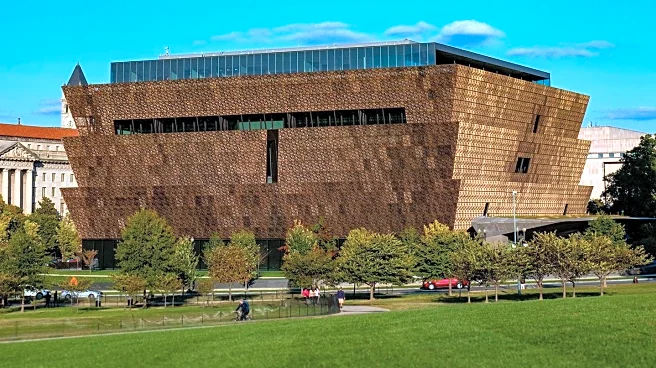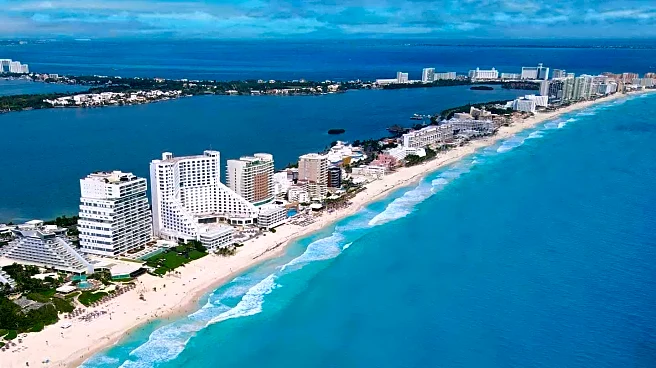What's Happening?
TIME magazine has announced the launch of TIME Africa, a new digital-first platform aimed at showcasing African leaders, innovators, and stories. The initiative, developed in partnership with Global Venture Partners, will be available in English and French across more than 50 African nations. TIME Africa seeks to shift the narrative around Africa in global media by focusing on stories of innovation, sustainability, leadership, and cultural dynamism. The platform will also host live events to engage African audiences directly.
Why It's Important?
The launch of TIME Africa is significant as it represents a shift in how African stories are told in global media. Historically, coverage of Africa has often emphasized crisis and instability, but TIME Africa aims to highlight the continent's contributions to global culture, politics, economics, and sustainability. This initiative could enhance media sustainability and knowledge-sharing within Africa, providing a platform for African voices to be heard globally. It also reflects a broader trend of international media investing in African markets, recognizing their cultural and commercial potential.
What's Next?
TIME Africa is set to launch in September 2025, with plans to provide ongoing, locally grounded journalism. The platform will focus on both digital publishing and live convenings, creating spaces for Africa's innovators, policymakers, and civil society leaders to engage with global audiences. The success of TIME Africa will depend on its ability to authentically amplify African perspectives and involve African journalists and thought leaders in shaping content.
Beyond the Headlines
The establishment of TIME Africa could have long-term implications for media representation and ownership in Africa. By building media capacity that is both global in reach and African in focus, TIME Africa may contribute to a more balanced and diverse global media landscape. The initiative also comes at a critical time as Africa undergoes rapid demographic, technological, and economic changes, positioning the continent as a key player in global solutions for climate change, renewable energy, and equitable development.









